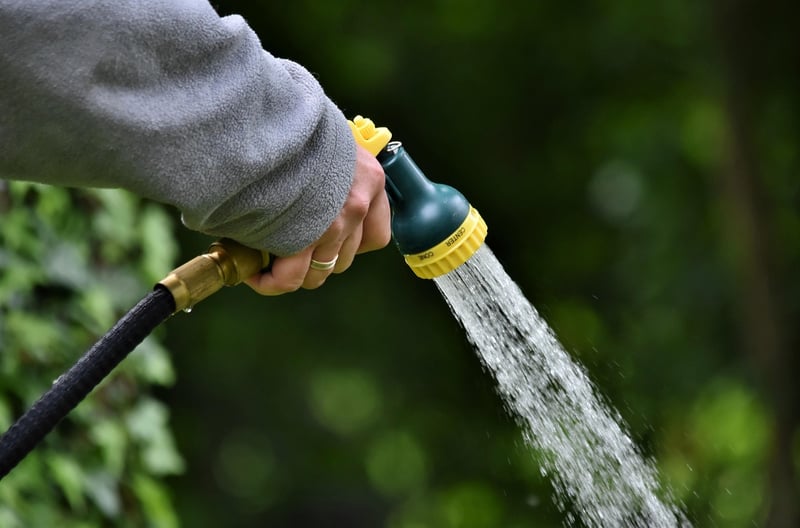Preventive Measures
Protect Your Plants Organically: Preventive Measures
Keeping your plants healthy and thriving is a top priority for any gardener. While pests and diseases can pose a threat to your plants, there are several organic methods you can use to protect them without resorting to harmful chemicals. By taking preventive measures, you can ensure that your plants stay strong and vibrant. Here are some effective ways to protect your plants organically:
Companion Planting
Companion planting involves growing certain plants together to benefit each other in various ways. Some plants naturally repel pests, while others attract beneficial insects that help control pest populations. For example, planting marigolds alongside tomatoes can help deter nematodes, while attracting pollinators.
Healthy Soil
Healthy soil is the foundation for strong, resilient plants. Ensure your soil is rich in nutrients and well-draining to promote plant health. Adding organic matter such as compost and mulch can improve soil structure and provide essential nutrients for your plants.
Proper Watering
Overwatering can lead to root rot and other plant diseases, while underwatering can stress plants and make them more susceptible to pests. Find the right balance by watering your plants deeply but infrequently, allowing the soil to dry out slightly between waterings.
Natural Predators
Encouraging natural predators like ladybugs, lacewings, and birds in your garden can help keep pest populations in check. Avoid using broad-spectrum pesticides that can harm beneficial insects along with pests.
Neem Oil
Neem oil is a natural insecticide and fungicide that can help control a wide range of pests and diseases. Dilute neem oil according to the instructions and spray it on your plants to protect them from common pests like aphids, mites, and powdery mildew.
Handpicking Pests
Regularly inspecting your plants for pests and manually removing them can be an effective way to control infestations, especially on smaller plants. Wear gloves and pick off pests like caterpillars, beetles, and aphids to prevent them from causing extensive damage.
Crop Rotation
Rotating your crops each season can help disrupt pest cycles and prevent the buildup of soil-borne diseases. By planting different crops in each area of your garden, you can reduce the likelihood of pests and diseases affecting the same plants year after year.

By incorporating these organic preventive measures into your gardening routine, you can protect your plants from pests and diseases while promoting a healthy and sustainable garden environment. Remember that prevention is key to maintaining thriving plants without the need for harmful chemicals.
Take care of your plants naturally and enjoy a vibrant and pest-free garden!
